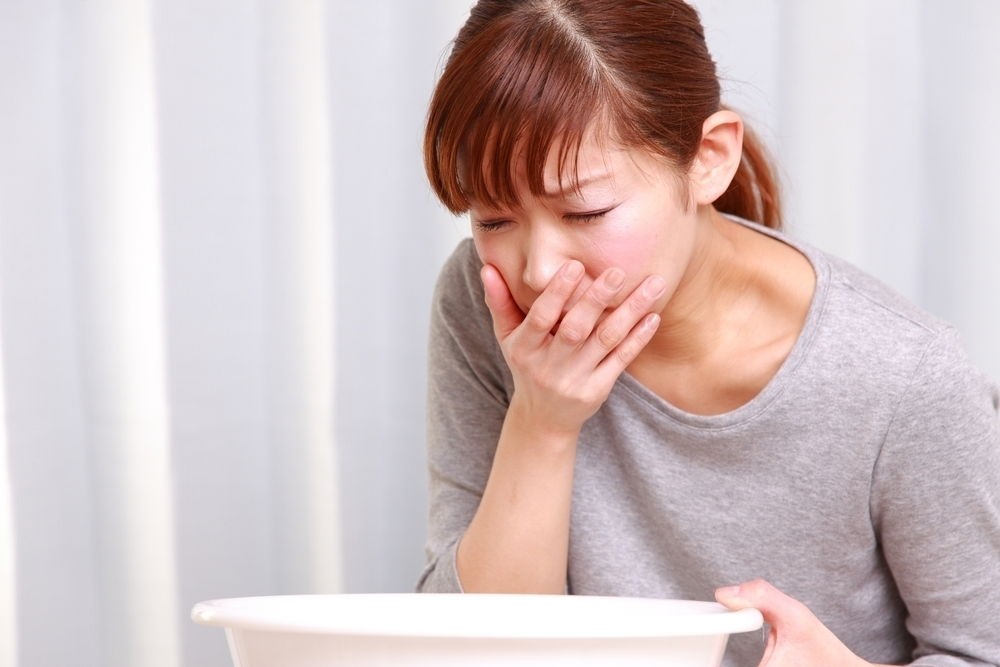Food poisoning can be a miserable experience, often leaving you feeling weak and dehydrated. While rest and hydration are crucial, you might wonder if there’s anything else you can do to alleviate the symptoms. One remedy that’s often discussed is activated charcoal. But Can Activated Charcoal Help With Food Poisoning? Let’s delve into its potential benefits and how it might play a role in your recovery.
What is Food Poisoning?
Food poisoning occurs when you consume food or beverages contaminated with harmful microorganisms, such as bacteria, viruses, or parasites, or their toxins. Symptoms, including diarrhea, abdominal cramps, and vomiting, typically manifest within hours of ingestion.
 Illustration of Food Poisoning Symptoms
Illustration of Food Poisoning Symptoms
Conventional Treatment for Food Poisoning
The cornerstone of home treatment for food poisoning involves rest and rehydration. The body needs time to recover, and replenishing lost fluids is essential to combat dehydration caused by vomiting and diarrhea. A bland, easily digestible diet is also recommended to avoid further irritating the digestive system.
Hydration is Key
Drinking plenty of fluids is crucial to prevent dehydration and replenish what’s lost through vomiting and diarrhea. Water, herbal teas, natural fruit juices, coconut water, and electrolyte solutions are all good options.
The Importance of Rest
Rest allows the body to conserve energy, which is especially important when dealing with the fatigue and weakness associated with food poisoning.
Dietary Considerations
Once the initial symptoms subside, gradually introduce a light, easily digestible diet. Start with bland foods like chicken soup, mashed potatoes, creamed vegetables, or boiled fish. Avoid processed, fatty, and spicy foods that can exacerbate symptoms. Focus on thoroughly cooked lean meats, fish, fruits, and vegetables.
Activated Charcoal and Food Poisoning: The Potential Benefits
Activated charcoal is a fine, black powder made from bone char, coconut shells, peat, petroleum coke, coal, olive pits or sawdust. The charcoal is “activated” when processed at high temperatures, which changes its internal structure, reducing the size of its pores and increasing its surface area. This increased surface area allows the charcoal to adsorb (bind to) a wide range of substances.
The theory behind using activated charcoal for food poisoning is that it can bind to toxins in the digestive tract, preventing their absorption into the bloodstream and facilitating their elimination from the body.
How Activated Charcoal Works
Activated charcoal acts like a sponge, trapping toxins and preventing them from being absorbed by the body. It’s important to note that activated charcoal is most effective when taken shortly after consuming the contaminated food or drink, before the toxins have had a chance to be fully absorbed.
Dosage and Administration
The typical dosage of activated charcoal is usually around 1 gram. Always follow the instructions provided by your healthcare provider or on the product label.
Limitations and Considerations
While activated charcoal can be helpful in certain situations, it’s not a cure-all for food poisoning. It’s important to consider the following:
- Not all toxins are adsorbed: Activated charcoal is more effective against some toxins than others. It may not be as effective against certain heavy metals, alcohol, or corrosive substances.
- Timing is crucial: Activated charcoal is most effective when taken soon after consuming the contaminated food or drink.
- Potential side effects: Activated charcoal can cause constipation, black stools, and, in rare cases, more serious side effects.
- Drug interactions: Activated charcoal can interfere with the absorption of certain medications. It’s important to inform your doctor about any medications you’re taking before using activated charcoal.
Should You Take Activated Charcoal for Food Poisoning?
The use of activated charcoal for food poisoning is a complex issue. While some studies suggest potential benefits, others are inconclusive. It’s always best to consult with your doctor or another qualified healthcare professional before using activated charcoal, especially if you have underlying health conditions or are taking medications.
Conclusion
While rest, hydration, and a bland diet remain the cornerstones of food poisoning treatment, activated charcoal might offer some additional benefit in certain cases. However, it’s essential to understand its limitations and potential side effects. Always seek professional medical advice before using activated charcoal to treat food poisoning.